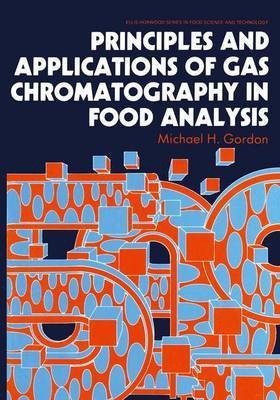Principles and Applications of Gas Chromatography in Food Analysis(English, Hardcover, Gordon Michael H.)
Quick Overview
Product Price Comparison
The food analyst plays an important role in modern society. Stricter control over additives in food and concern about the effects of contamination of food by industrial and agricultural chemicals are among the developments which are leading to an increasing emphasis on detailed and accurate analysis of food. However. analysis of food is required for many reasons, including detection of toxic components, monitoring legislation, detecting adulteration, formulation of controlled diets, controlling formulation during product development and detecting changes in food during storage and processing. Foods comprise a complex mixture of components and food analysis requires efficient methods of separation with high sensitivity or specificity of detection. Although many food components are involatile or thermally labile and therefore not suitable for analysis by gas chromatography, other components are volatile and this technique is the preferred analytical method. Developments in methods of derivati- zation, injector design and column technology have also extended the applicability of gas chromatography to the analysis of relatively involatile compounds.


